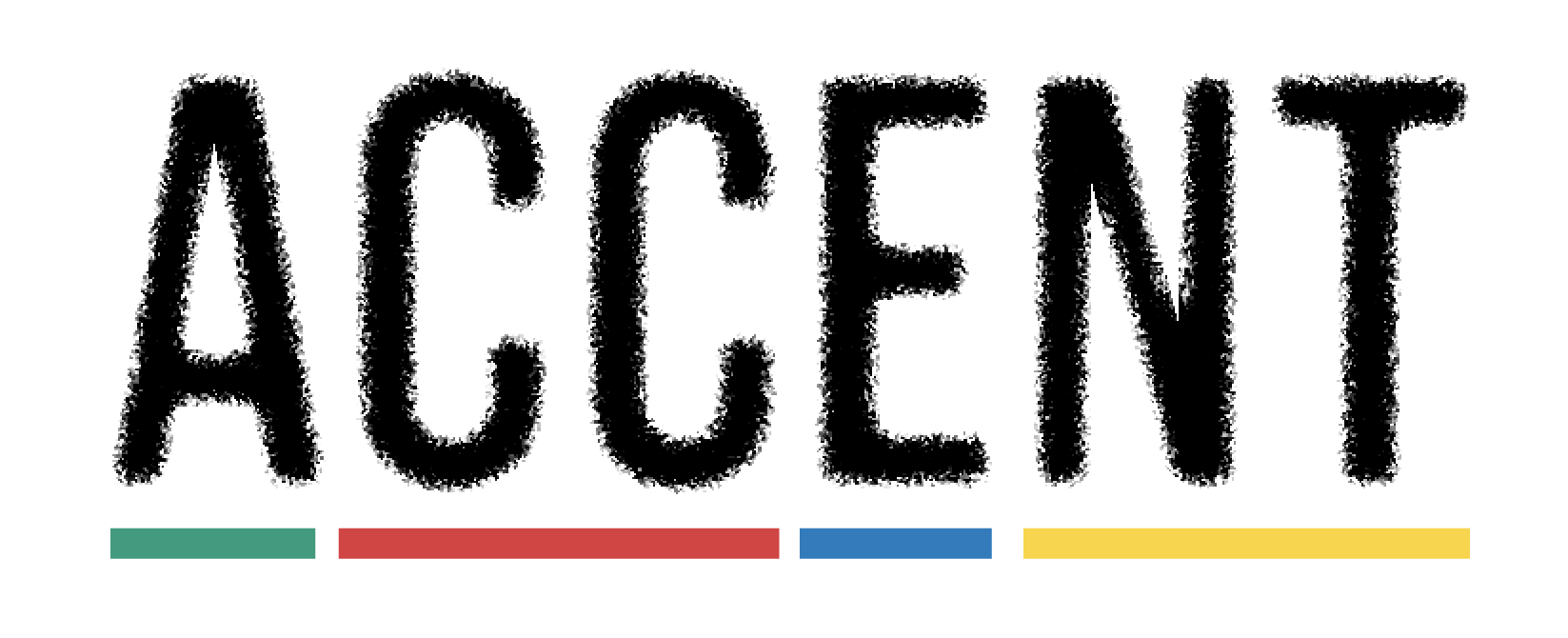Category: College Collaborations
-
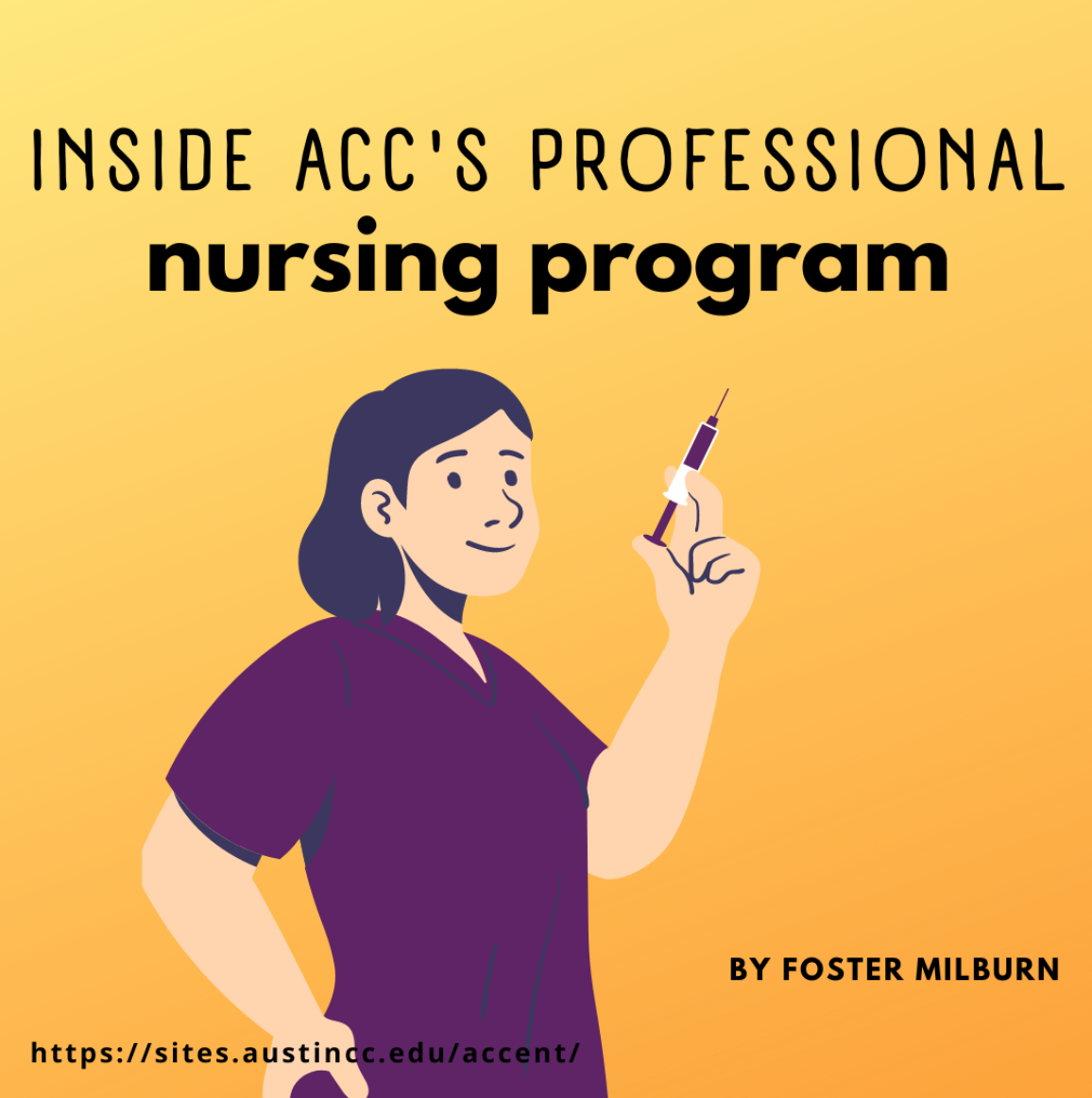
Inside ACC’s Professional Nursing Program
The Health Sciences department at ACC has a profound reputation in Austin. by Foster Milburn Graphic by Claudia Hinojos Health science students at Austin Community College are prepared for the fast-growing healthcare industry as the college offers a flexible education pathway, realistic hospital settings, and a high state pass rate. A career as a registered…
-
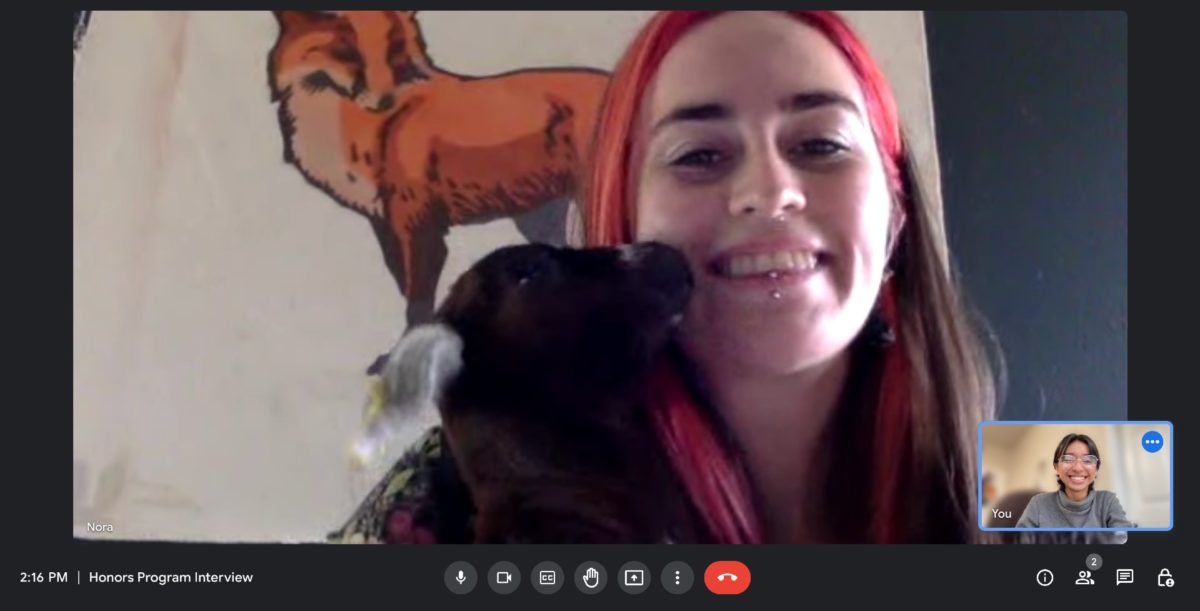
The Honors Program: curiosity and critical thinking
Spring semester is around the corner, meaning students are taking the important step of making their schedule before registration ends on Jan. 3. What many students are not aware of is that their classes can improve significantly by enrolling in an honors course —which no, is not part of an elite society— but an academic…
-
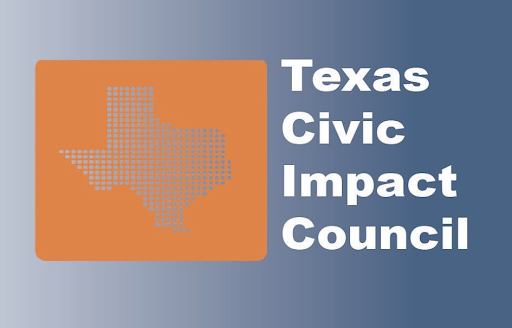
UT Students Seek Help From ACC With Community Outreach Initiative
The student-led Texas Civic Impact Council needs help from Austin Community College and other Austin area colleges to shine a light on socio-economic opportunities for the community ahead of a major transit infrastructure project. Written by Ky Duffey Edited by Pete Ramirez “Never doubt that a small group of thoughtful, committed people can change the…
-

Pride Month: Legislative Edition
By: Kyrios LoNigro This year is seemingly the worst on record for LGBT+ equality. More than 250 anti-LGBT+ bills have been introduced in state legislatures across the U.S. Texas is the leading state with 12 bills being proposed this legislative session, targeting transgender youth. One banning a type of school sports participation and, another, health…
-

ACCENT On Air E00
ACCENT is launching a new podcast, called ACCENT on Air. This weekly podcast is created to be a one-stop-shop for the essential information that students at Austin Community College need.
-

Volunteering During a Time of Isolation; What Students Can Do?
ACC staff and community members provide different perspectives on volunteering in isolated times.
-

Alumni Highlight
Austin Community College produces some of the hardest-working, talented alumni in the world. ACCENT met with ACC alumni, Antonio Cueto, to learn more about their experience with the college.
-
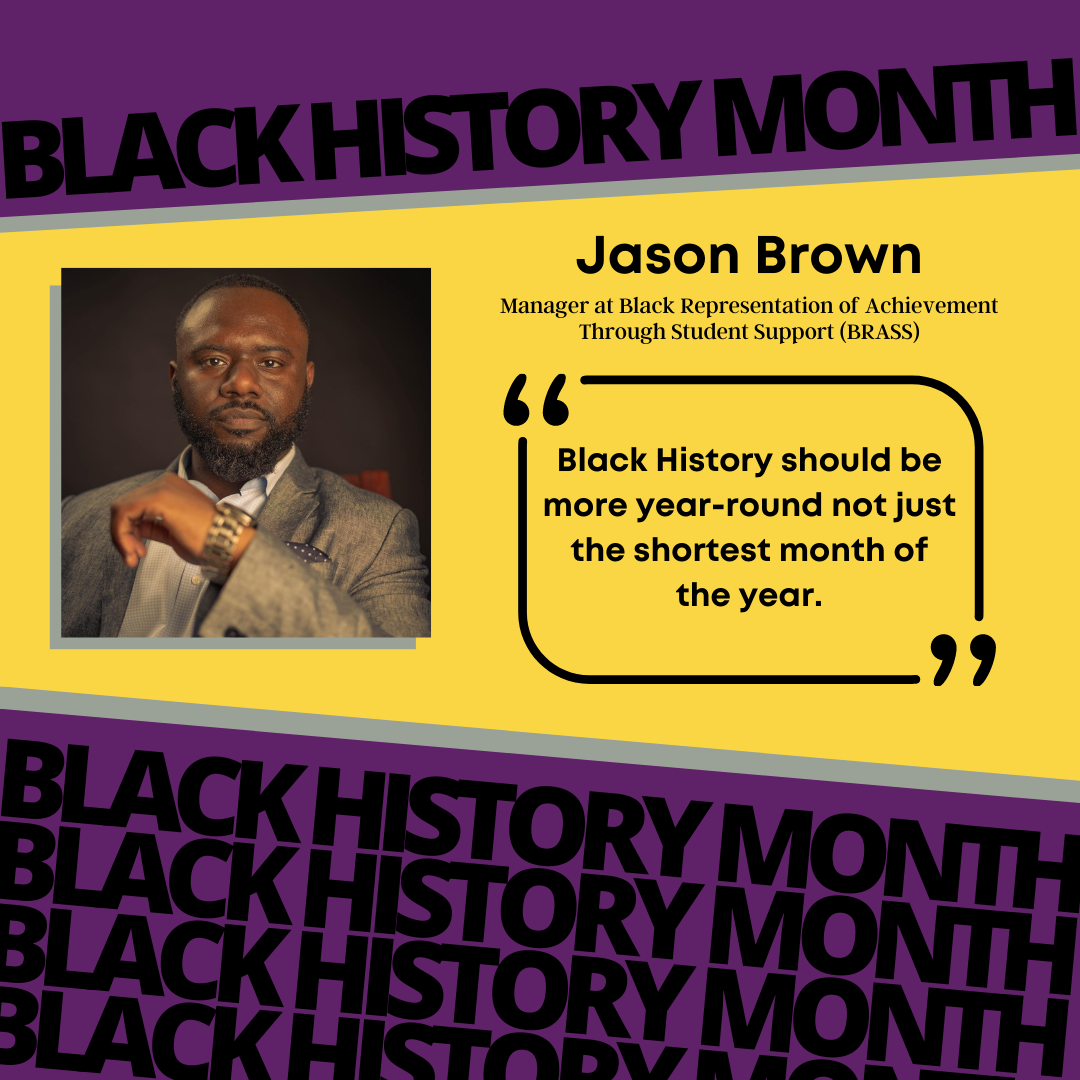
Empowering Black Communities Beyond One Month
ACC will be celebrating Black History Month and the importance of what it means to the College and Austin.
-

What Students Need To Know About the ACCelerators Reopening
ACCENT met with the Vice President of Student Affairs, Dr. Shasta Buchanan to get more insight on this transition for ACC. on reopening the ACCelerators for student use.
-

Getting Remote Career Ready with ACC Career Services
We talk to ACC Career Service about the best ways to adapt to a tumultuous job market.
